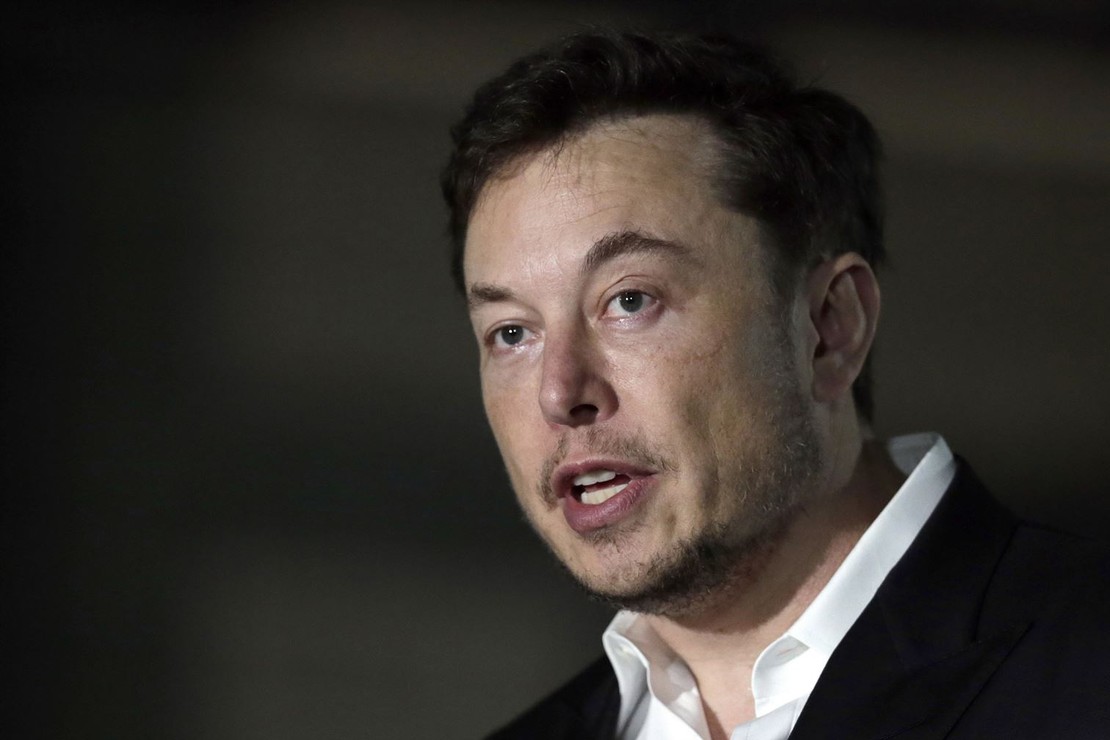Since news first broke that Elon Musk was considering a hostile takeover of Twitter, I haven’t been able to figure out if I’ve most wanted to see censorship-crazed Twitter screwed as badly as possible, or see Musk win — yet again — never deterred by the naysayers who doubt him. I think I’ve decided it’s a toss-up.
Musk’s advisors on Friday sent a letter to Twitter notifying the company that Musk was terminating their $44 billion “merger agreement,” citing insufficient data on “fake or spam accounts,” as reported by RedState. Twitter promptly returned fire, as reported by CNBC, threatening to sue Musk if he follows through and formally attempts to end the acquisition deal. The “fake or spam accounts” issue has been a sticking point for Musk since at least early May. He claims that Twitter has not provided him with accurate data.
So what the heck are “fake or spam accounts”? As reported by my colleague Bob Hoge, the “bots” issue is well beyond much ado about nothing — or nitpicking — on the part of Elon Musk.
In late April, Twitter estimated that fake accounts and spam “accounted for less than 5 percent of its daily active users in the fourth quarter of 2021.” However, with a user base of at least 330 million, that’s still an awful lot of non-human accounts (16.5 million for the math-challenged). Musk thinks the number is far higher, and that Twitter refuses to tell the truth.
The Washington Post in a May article titled Why Spam Bots Are Top of Elon Musk’s Twitter Hit List, described “bots” thusly:
On Twitter, bots are automated accounts that can do the same things as real human beings: send out tweets, follow other users, and like and retweet postings by others. However, spam bots use these actions to engage in deceptive, harmful, and annoying activity. Spam bots programmed with a commercial motivation might tweet incessantly in an attempt to drive traffic to a website for a product or service. They can be also used to spread misinformation and promote political messages.
Bots are actually allowed on Twitter, noted WaPo, but under the company’s policy, such accounts are supposed to indicate that they’re automated. Yeah, I’m gonna call BS. Given that I’m not an IT expert, and given the respective professional reputations of Elon Musk and Twitter, I’m going with Elon, on this one.
So let’s get back to what I believe is an honest question. Why would Twitter sue Musk for walking away from a hostile takeover that the Big Tech “giant” tried its damnedest to stop from happening?
Either way, Fox News host and OutKick founder Clay Travis believes Musk has Twitter right where he has wanted it from the beginning: between an “unbelievably crippling” rock and a hard place.
During a Friday appearance with Fox News host Jesse Watters, Travis laid it all out, as reported by the Right Scoop. Musk has huge resources, Travis told Watters. Big enough to crack open Twitter’s data one way or the other, which, Travis noted, could be “crippling” to the company. As transcribed by Right Scoop:
The practical impact here, if it doesn’t end up happening, Jesse, is Elon Musk can really be destructive to the overall Twitter brand and business. Because unlike you and me and the vast majority of people who use Twitter, he’s got the engineers and data analysts to be able to review what you basically call the ‘fire hose’ of data that was relinquished to him to allow him to try to determine how many of the accounts on this platform are real, how many are fake, how many of them are spam, bots, versus actual real people.
There’s the “rock.” And the “hard place”? Said Travis:
So, to me, if Elon Musk ever publishes the data that he may have uncovered as a part of this investigation, that could be unbelievably crippling to the overall impact of Twitter. Remember, only 20% of Americans – even based on Twitter’s own numbers – are on Twitter. And only one in every 50 people ever bothers to actually send a tweet. We’re talking about 2% roughly of the American public. It’s not as big as you would think that it might be.
Translation: Twitter’s ad revenue would collapse faster than Joe Biden’s approval ratings, post-Musk, if Elon ever decides to make public the social media company’s real reach.
So once again, would I rather see the Musk-Twitter deal saved, and Musk take the company private, as planned, or would I rather see Musk destroy the left-wing, conservative-censoring social media self-proclaimed “giant”?
Damn. I’m going to have to think about this for a while.





















Discussion about this post